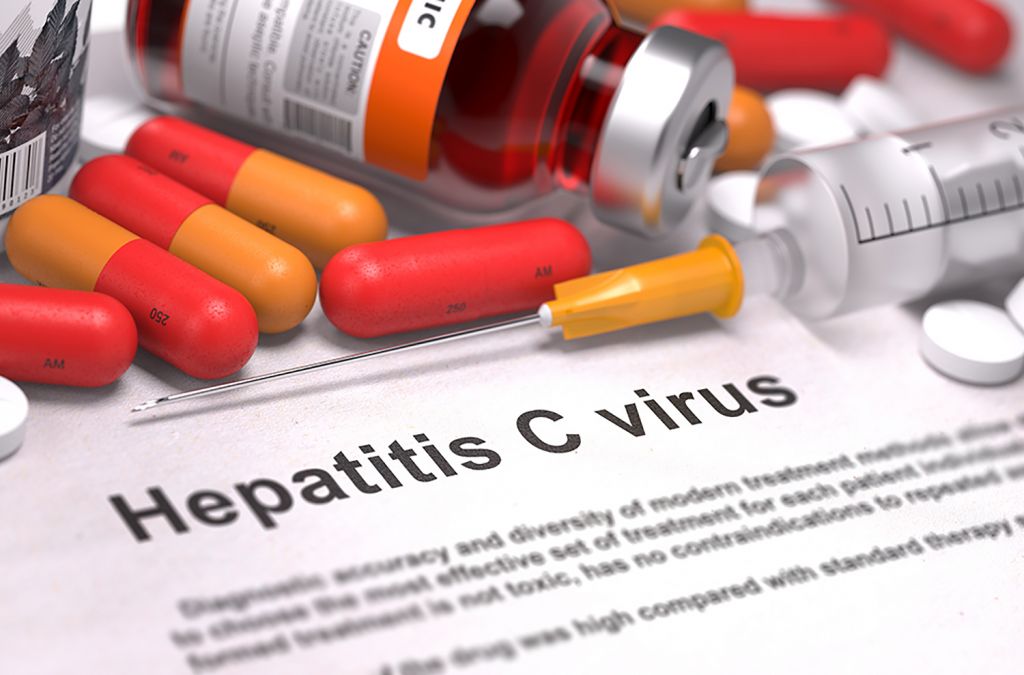
Hepatitis C (HCV) is a viral infection that causes inflammation (swelling) of the liver. It spreads through contact with blood that has the hepatitis C virus in it, and it can lead to serious liver damage.
For some people, hepatitis C is a short-term illness; however, in more than half of the people who have become infected with HCV, it develops into a long-term chronic infection. People with chronic hepatitis often experience no symptoms and don’t feel ill—so how do they know if they have the virus?
There is no vaccine available to prevent HCV, but fortunately there are treatments that can cure it in most people. In order to be treated, you need to know that you have the disease, and that shines a spotlight on the importance of screening.
HCV screening
There are two approaches to screening for HCV in Canada.
- Risk-based testing is the main approach, and it involves conducting tests on people who have an increased risk of being exposed to the hepatitis C virus. The factors that increase this risk include:
- People who use drugs or have shared drug use equipment, even if it was only a single time
- People who have received medical care or personal services such as tattooing or piercing with nonsterile equipment
- People who share personal care items
- Gay, bisexual, and other men who have sex with men
- People exposed to blood during sexual activity
- People who received blood products or an organ transplant prior to 1992
- People who have experience in the prison system
- Indigenous peoples (First Nations, Inuit, Métis)
- Immigrants and newcomers from countries where hepatitis C is common
- One-time testing expands hepatitis C testing to reach the many people who have HCV but who are undiagnosed because they don’t fall into the category of risk-based testing.
There is evidence showing that 75% of Canadians with hepatitis C were born between 1945 and 1975. Because risk-based testing is the main approach to screening in Canada, it is estimated that nearly half of all cases of HCV reman undiagnosed. Current estimates indicate that 67% of Canadians have never been tested for HCV, and 44% of those living with the disease are unaware that they have it. Expanding the screening guidelines to include one-time testing for people born during that time period who do not fit the criteria for being at increased risk could significantly increase the number of Canadians who are diagnosed and, therefore, treated for hepatitis C, reducing their chances of developing more serious liver damage.
Treating HCV
Hepatitis C is curable. Some people with the infection will recover on their own within six months. For those who need treatment, there are several drug combinations to treat and cure HCV. Treatment regimens range from 8 to 24 weeks and produce few side effects. Until our healthcare provider confirms that you have been cured, you can still transmit the virus to other people.
Whether or not you are getting treatment, you can reduce your risk of liver damage by avoiding alcohol, not smoking, and eating a nutritious diet of healthy foods.
Some medicines used to treat other conditions can be toxic to the liver, so speak with your London Drugs pharmacist to make sure the medications you take are not in that category. If they are, your doctor may need to adapt some of your treatment regimens.


